
iStorage diskAshur2 1TB PIN-protected encrypted external hard drive [Review]
It's hard -- for me at least -- to get too excited about hard drives. They get bigger, they get faster, and that's about it. But the iStorage diskAshur2 is a little different. This is a 1TB USB 3.1 external hard drive with a twist.
It offers hardware-level AES-XTS 256-bit encryption -- so no software is needed -- secured with PIN authentication. As you can see from the photo, there's a PIN pad built into the drive for easy locking and unlocking, and it's compatible with Windows, macOS and Linux ("it will work on any device with a USB port!"). We've already look at the diskAshur Pro 2, but this diskAshur2 drive is nearly 20 percent cheaper.
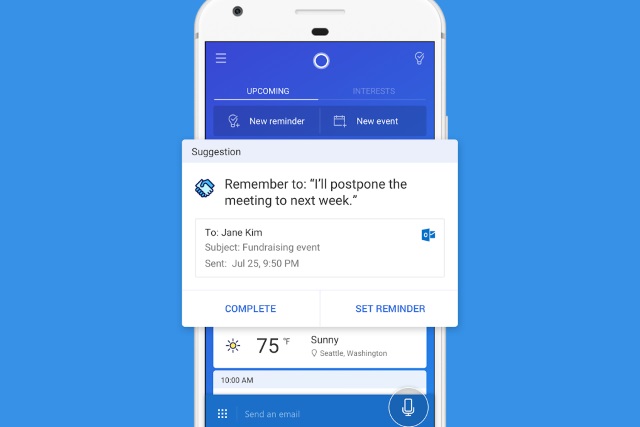
Microsoft updates Cortana for Android with new look and new features
The Android version of Cortana has been getting some attention from Microsoft recently, and today the company has released another update to its virtual assistant. With Cortana 2.9, Microsoft not only introduces something of an interface makeover, but also adds new features.
While the redesign is nothing major, it is a move for the better, with Settings now easier to access and the interface is reduced to two tabs rather than three -- and they are now labelled too! But it doesn’t end there.

Microsoft brings Brotli compression to .NET in 'alpha-quality preview'
It is now two years since Google launched its open source compression algorithm, Brotli. Microsoft has already shown some interest in the technology, adding support to Edge late last year to speed up the loading of web pages. Having conducted rigorous tests with Brotli compression, Microsoft is now ready to bring it to .NET.
Microsoft's tests show that Brotli is at least as good as Deflate and gzip, in terms of compression levels and the amount of time it takes to compress and decompress. It is because of these results that Microsoft is happy to launch .NET support for Brotli compression "as an alpha-quality preview."
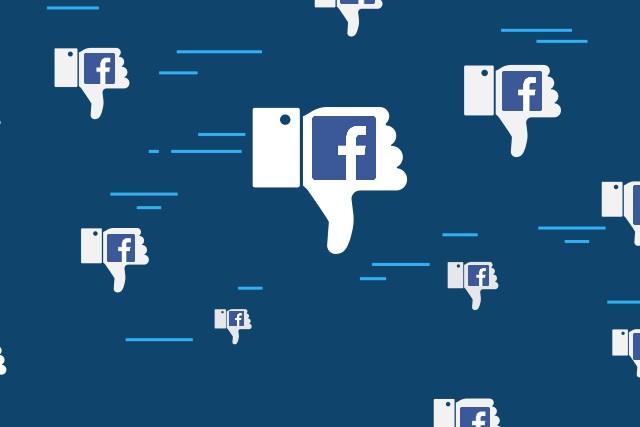
Report: Free Basics by Facebook is creepy, limited, and violates net neutrality
It's been a little while since we heard anything about Free Basics by Facebook -- the successor to its Internet.org project which aims to provide access to a number of online services, free of charge, in developing countries (63 in total) -- but a new report slams the service.
On the face of it, this is a good thing, but Free Basics from Facebook has certainly not been without its controversies: the service was banned in India and Egypt, for example. Now a report from Global Voices -- a "global anti-censorship network of bloggers and activists dedicated to protecting freedom of expression online" -- has published a damning report about the service.

Congress continues Kaspersky probe fearing 'nefarious activities against the United States'
US suspicions about Kaspersky's links to Vladimir Putin are not diminishing. The government has been tracking the Russian security company, and now Congress is seeking information from 22 government agencies about the firm.
The US House of Representatives Committee on Science, Space and Technology has written to the agencies asking for documents, citing fears that Kaspersky Lab's products could be used to carry out "nefarious activities against the United States."
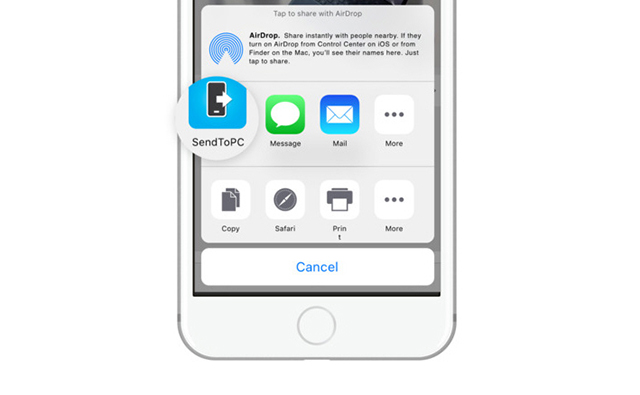
Microsoft's 'Continue on PC' for Windows 10 now available for iOS
The big, standout new feature in Windows 10 Fall Creators Update Build 16251 is cross-device web-browsing. This lets you start browsing on your phone, and then switch to your PC and continue from where you left off.
The feature was initially only available for Android, but Microsoft promised that it would arrive on iOS "soon." Well, it’s here even sooner than expected and iPhone and iPad users can grab it now.

Kaspersky releases Internet Security 18 for Mac
Do you need security software for your Mac? Whenever we’ve installed any security suite on our Macs they seriously reduce the effectiveness of our computer with almost the minimum advantage.
Apple’s Gatekeeper is designed to stop you installing malicious software, anti-phishing tools prevent dodgy websites from extracting your personal information, whilst the internal firewall can safeguard you from intruders. Kaspersky is one of the many security developers who still believe Mac users need additional security and has released Internet Security 18 for Mac.

Microsoft removes 'beta' tag from 'Windows Subsystem for Linux' in Fall Creators Update
As Windows 10 continues to disappoint some users, Microsoft is increasing its focus on Linux. Whether or not the company will ever take the big step of making its own distribution based on the kernel remains to be seen. With that said, the company has sort of come close -- it has allowed Linux to infiltrate its beloved Windows operating system by way of the "Windows Subsystem for Linux" feature. Bill Gates and Steve Ballmer would probably be rolling in their graves right now -- if they weren't alive, of course.
Today, Microsoft takes its commitment to Linux a bit further. You see, it has announced that "Windows Subsystem for Linux" will be shedding its "beta" designation in Windows 10 Fall Creators Update. In fact, the Beta tag has already been removed in Windows 10 Insider Build 16251. In other words, the beta label on the feature has been taken off in a beta version of the operating system. Confused? Welcome to the party, pal!
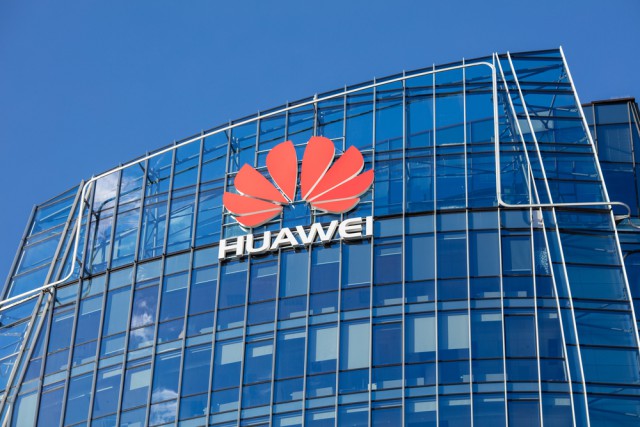
Huawei Q2 2017 by the numbers: $41.83 billion revenue, 11 percent operating margins
Huawei has revealed more encouraging financial results as the company extends its influence across the technology world.
The Chinese firm disclosed that revenues grew 15 percent in the first half of 2017 to reach $41.83 billion, with operating margins reaching 11 percent.
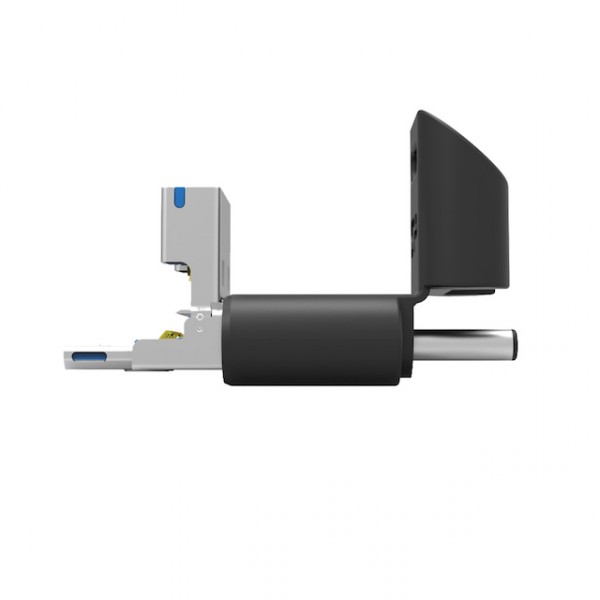
Silicon Power makes USB as easy as 'ABC' with Mobile C50 Triple-Interface Flash Drive
Back in the days of floppy disks, USB flash drives were seen as magic. When first sold, consumers could hardly wrap their heads around the concept. You didn't need to purchase a special drive to read the media, as the USB ports found on many computers were already there -- mind-boggling. Hell, it could attach to your keychain -- wow! Not to mention, they held much more data than a floppy. They were particularly great for students, as it meant easily saving and transporting files.
Nowadays, these USB flash drives are largely boring. While still useful for operating system installations, the cloud has made them sort of obsolete for data storage and transport. Quite frankly, these flash drives can be privacy nightmares too; they can potentially spread malware when inserted, and many users don't bother with encryption. Today, however, Silicon Power unveils a USB flash drive that is exciting. You see, the "Mobile C50," as it is called, features a triple interface -- USB-C, USB-A, and USB micro-B. In other words, if a computer or device has any type of USB port, it should be compatible.

LibreOffice 5.4 adds more new features, improves Office file format compatibility
The Document Foundation has unveiled LibreOffice 5.4 64-bit and LibreOffice 5.4 32-bit. Again, it’s on time, arriving six months after the release of LibreOffice 5.3.
LibreOffice 5.4 is "the last major release of the LibreOffice 5.x family", and like other point releases is a major one, adding features across all components and incrementally improving compatibility with Microsoft Office document formats.

How to enable and use Dolby Atmos surround sound in Windows 10
Dolby Atmos is a surround sound technology from Dolby Laboratories. It debuted in 2012, and is designed to "pull you inside the action" with sound that moves around you in a three-dimensional space without being constrained to channels.
Microsoft supports Dolby Access in Windows 10 Creators Update, and enabling it and using it is straightforward, but there are some catches to be aware of.

Russia tried to spy on Macron campaign using fake Facebook accounts
This is why you never accept Facebook friend requests from people you don't know, kids.
Reuters has reported that Russian agents created two dozen fake Facebook accounts to try and infiltrate and spy on campaign officials working for Emmanuel Macron during his presidential campaign.

Ubuntu Linux 17.10 'Artful Aardvark' Alpha 2 is ready for testing
Ubuntu is one of the best Linux distributions around. What? You thought it became insanely popular by accident? Actually, its success is bred from being stable, easy to use, and having a really great community for beginners. Not to mention, it has many different "flavors" (desktop environments), allowing the user to find the best experience based on their preferences.
Today, the upcoming version of Ubuntu -- version 17.10 which is named named "Artful Aardvark" -- celebrates a new milestone. While not yet in beta status, it has reached the second alpha stage; the stable version is not due until October. While not all desktop environments are available at this point -- GNOME is absent, for instance -- there are several excellent options for testers, such as MATE, Budgie, and KDE.

Twitter looks to boost profits with $99 per month automatic tweet promotion beta
When Twitter revealed its Q2 earnings yesterday the figures weren't quite as bright as people would have hoped. With growth stalling, the company is seeking new ways to bring in money, and its latest idea is a tweet promotion service for a fixed monthly fee.
Twitter is testing a new ad program which automatically promotes tweets and profiles for $99 per month. The program is currently in private beta, but it could be rolled out to a wider audience at any stage.


